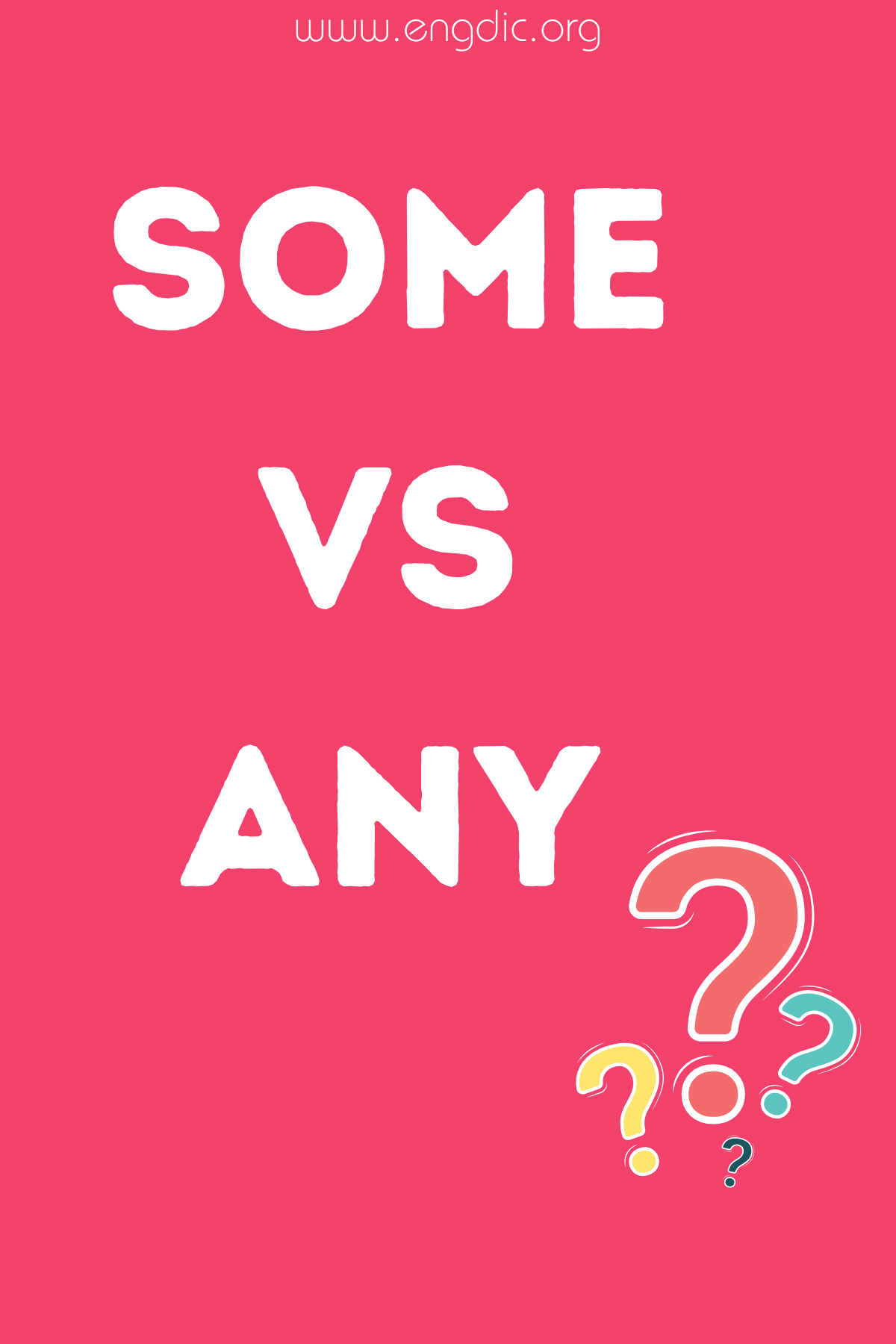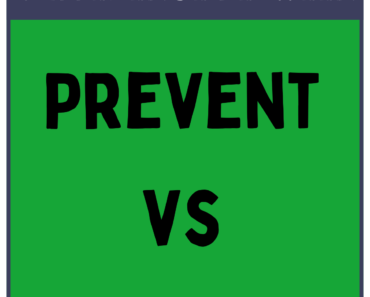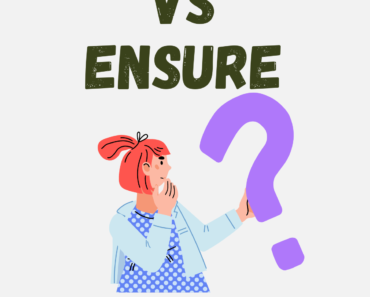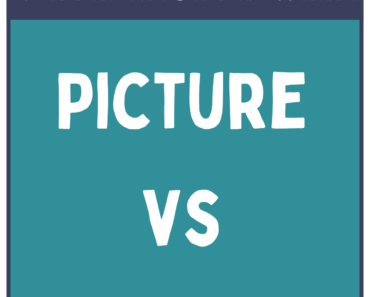When it comes to the English language, small words can often carry significant meanings that alter sentences drastically. “Some” and “any” are two such words, commonly used but frequently misunderstood. Both are determiners that refer to an unspecified amount or number of something, but they are used in different contexts and have different connotations. Here’s a breakdown of the differences between “some” and “any” to help you use them correctly.
Definitions and General Usage
- Some: Typically used in positive sentences to refer to an unspecified amount or number of people or things. It implies a quantity that is unknown but not zero, often suggesting a substantial amount, more than one, or at least a small amount.
Example: “She bought some apples.”
- Any: Generally used in questions and negative sentences, referring to one, some, or all, regardless of the amount. It suggests an indefinite amount, including zero.
Example: “Do you have any questions?”
Usage in Positive Sentences
- Some:
- Used to offer, request, or suggest in a polite manner.
- Indicates the speaker believes the request is likely to be fulfilled.
Examples:
- “Would you like some tea?”
- “Could I have some paper, please?”
- Any:
- Used in positive sentences when the sense of the sentence is negative or when it implies no matter which.
Examples:
- “Any child knows the answer to that.”
- “You can choose any color you like.”
Usage in Questions
- Any:
- Commonly used in questions, especially when the answer is unknown or expected to be negative.
Example: “Is there any milk left?”
- Some:
- Used in questions when the speaker expects a positive answer or when making a request.
Example: “Could I have some of the cake?”
Usage in Negative Sentences
- Any:
- Predominantly used in negative sentences to mean “none at all.”
Example: “He doesn’t have any friends.”
- Some:
- Rarely used in negatives, except in cases where “some” is in a phrase that modifies a noun.
Example: “He has hardly any friends.”
Nuances and Exceptions
- Some can be used in questions to suggest a presumption of the affirmative or to offer something specifically:
Example: “Would you like some coffee?” (Offering coffee assuming the person might say yes.)
- Any can be used in positive affirmations to emphasize variety or to mean “it doesn’t matter which”:
Example: “Any answer you provide will help.”
Understanding the contextual use of “some” and “any” enhances clarity in communication, ensuring that your English is both correct and natural-sounding. Use these guidelines to choose the right word for your sentence, and practice with examples to master their usage.







